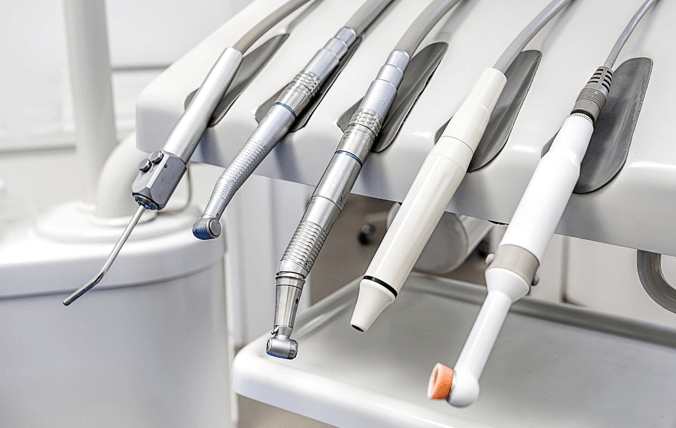

Conscious / Inhalation Sedation
Conscious sedation helps reduce anxiety, discomfort, and pain during certain procedures. This is accomplished with medications and (sometimes) local anesthesia to induce relaxation.
Specialists:
Appointment duration:
30 minutes
Appointment price:
$
Conscious Sedation and Inhalation Sedation in Pakistan
Conscious sedation is commonly used in dentistry for people who feel anxious or panicked during complex procedures like fillings, root canals, or routine cleanings. It’s also often used during endoscopies and minor surgical procedures to relax patients and minimise discomfort. The specialist who sees you at your assessment appointment will discuss the different options and help you decide which is best for you.
Inhalation sedation is a technique using a gas called nitrous oxide which is delivered with oxygen by a small mask placed on the nose. It is used when the patient is nervous about dental treatment or is having a procedure which may cause discomfort.

How will the sedation in the surgery affect me?
You become drowsy and are not aware of having any treatment, but you are still able to co-operate with the dentist. Most people cannot remember much about their treatment. Before the sedation, your blood pressure will be measured and during treatment your breathing and pulse will be monitored. The effects of sedative medicine take some time to wear off and your dentist will tell you how long the drugs will take to clear from your body. You won’t be able to drink alcohol, drive or work machinery during this time and it is important that you have
someone with you who can take you home and stay with you for the rest of the day.
The effect starts within seconds. Depending on the length of the procedure, the drugs will be topped up at regular intervals or will be dripping in continuous
You will NOT be put to sleep – that is only allowed in a hospital. However, the drugs will make you feel relaxed and a bit drowsy, so patients do often fall asleep for parts of the treatment.
During your treatment, you should experience no pain. If you were to feel any discomfort (eg. If the local anaesthesia starts to wear off during long procedures), you will be able to tell us so we can address that. If you have had a surgical procedure, you will have some pain after treatment.

